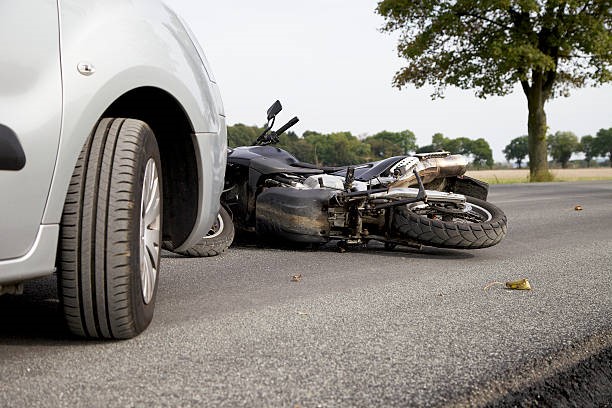NEWS
Tips To Help You Recover From a Motorcycle Accident

Getting in a motorcycle accident can be an extremely stressful experience. The accident itself may be a traumatic and anxiety-provoking event, but the aftermath of a serious accident can also be fraught with stressors. Coping with the physical discomfort of injury may feel grueling and exhausting. You may also feel plagued by uncertainty about how well you’re going to be able to recover. Staying focused on your rehabilitation and doing all of the right things to promote healing could make the recovery process easier to navigate. Here are some important things that you can do to mitigate stress and take charge of your recovery.
Preserve Your Legal Rights
After you sustain a serious injury in an accident that someone else was responsible for causing, you have a limited timeframe to pursue a legal remedy. Your window to bring a claim is referred to as the statute of limitations. Once it has elapsed, your ability to initiate a legal action for your injuries will have expired.
The statute of limitations varies among different jurisdictions, and a lawyer in your area can advise you about key deadlines. Bear in mind that initiating a dialog with insurers doesn’t stop the clock. Use the right channels to safeguard your rights. Seek legal help after a motorcycle accident to pursue a remedy that can support your recovery.
Document Your Injuries
After a serious accident, you should begin compiling evidence about your injuries and treatment. You’ll need comprehensive medical records that contain photographs, diagnostic imaging, and visiting notes from appointments with treating physicians. Likewise, you’ll want to make sure that you have all of your information together regarding the costs of treatments including procedures and medications.
This type of documentation could be crucial if you’ll need to take legal action against the person who was at-fault for an accident or you’ll be making a claim on your own auto insurance policy to access personal injury benefits. Likewise, you’ll need records about your injuries in the event that you’ll need to utilize short or long-term disability coverage.
Work on compiling important records right away. Remember that it may be necessary to get older records pertaining to pre-existing conditions that your accident aggravated or previous injuries that might complicate rehabilitation.
Reach Out to Your Support Network
Serious injuries tend to have an isolating effect on people. They force you to withdraw from your normal life, and it might make you feel disenfranchised or experience depression. When you’re going through a lot of pain, having some support may be a big comfort. Even just having a few positive interactions can be a welcome infusion of positive energy that could snap you out of a downtrodden emotional state. Let your friends and families know what you’re going through. Be receptive to people’s attempts to express empathy and show support.
Ask for Help With Daily Living Tasks
A serious injury can compromise your ability to carry out basic tasks. Don’t struggle on your own when things like preparing meals or doing household chores are hard for you. Overdoing it when you should be resting could get in the way of your progress.
Contact friends and family members for assistance with some of the tasks that are hard or causing you to fret about how you’ll manage. Don’t assume you’re imposing on someone when you’re asking for help. After all, if someone in your circle reached out to you while an injury was making life difficult, you’d be eager to lend a hand. You’d look at the chance to help out as an opportunity instead of an imposition. When you’re hurt, the people who care about you want to help.
Lastly, remember to be patient with yourself. Getting over a serious injury isn’t something that’s going to happen overnight, and your recovery is probably going to require a lot more than just time. Patience, perseverance, and maintaining a forward-focused outlook can equip you to make a strong recovery.
Kenneth is a proud native of sydney, born and raised there. However, he pursued his education abroad and studied in Australia. Kenneth has worked as a journalist for almost a decade, making valuable contributions to prominent publications such as Yahoo News and The Verge. Currently, he serves as a journalist for The Hear Up, where he focuses on covering climate and science news. You can reach Kenneth at [email protected].










